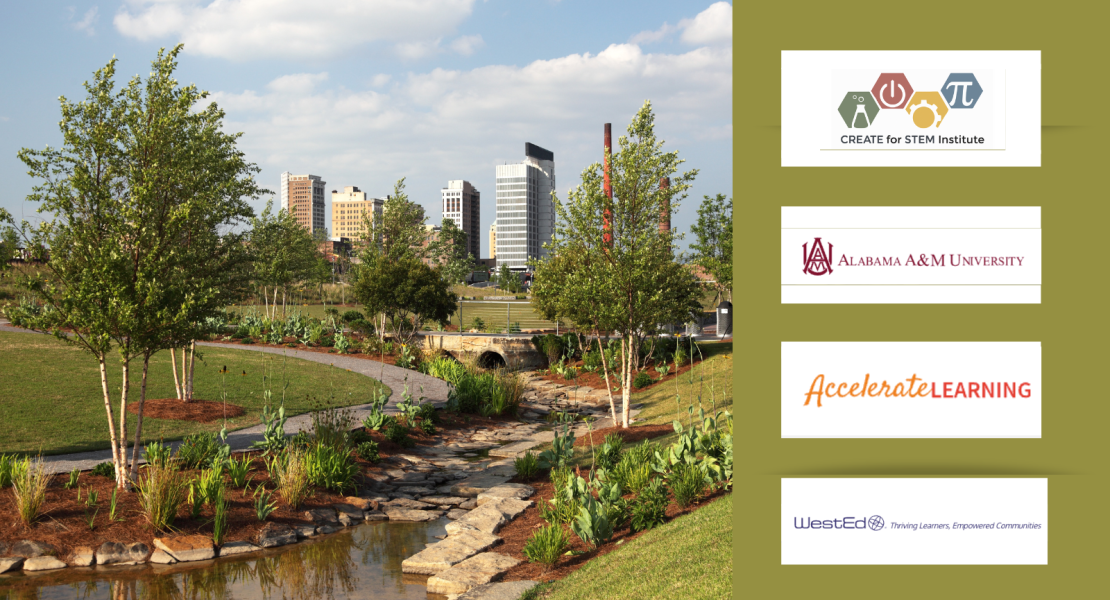CREATE’s research, along with work from partner organizations, shows that science often takes a backseat in K–12 classrooms—especially in the early grades of schools serving low-income communities. This lack of focus widens the gap between students in under-resourced schools and those in more affluent areas, limiting opportunities to build strong skills in science and literacy.
To help close that gap, Michigan State University researchers are expanding their hands-on science curriculum, Collaborate Science (ColSci)—formerly called Multiple-Literacies in Project-based Learning. With a $10 million grant from the U.S. Department of Education, MSU is teaming up with Alabama A&M University, Accelerate Learning Inc., and WestEd to bring ColSci to 80 rural and urban schools in Alabama over the next five years. Using an AI-powered digital platform, teachers will get tools like a dashboard and AI scoring models to make lessons more engaging and effective. If it works, the team hopes to bring this approach to even more communities with fewer educational resources.
To learn more about this exciting work, go to: https://education.msu.edu/news/2025/10/science-education-grant-10m-2025


